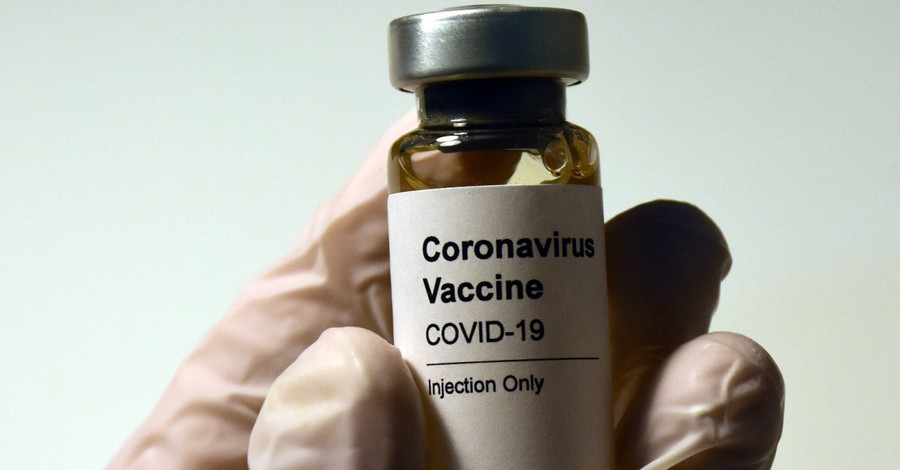
Christians requesting an exemption to COVID-19 vaccine mandates should base their objections on a “sincerely held religious belief” and not medical or political concerns, Alliance Defending Freedom, one of the nation’s most prominent faith-based legal groups, said.
ADF says in a new document about vaccine mandates that Title VII of the Civil Rights Act of 1964 “entitles an employee to request exemptions” from an employer’s directives that “would violate the employee’s sincerely held religious beliefs.”
Employees, though, must be consistent in their beliefs and actions, ADF said.
“Conduct of an employee that appears to be inconsistent with the religious beliefs underlying the employee’s religious objection to the COVID-19 vaccines may undermine the employee’s religious accommodation request,” ADF said. “E.g., the employee asserts a religious objection to a COVID-19 vaccine on the ground that his body is the ‘temple of the Holy Spirit’ but ingests other medications, foods, or substances with potentially harmful effects.”
An increasing number of employers across the United States – especially in the medical field – are requiring COVID vaccines. The Biden administration in September issued a new policy requiring federal workers to be vaccinated. Additionally, private employers with 100 or more employees must require their workers either to get vaccinated or to get tested weekly against COVID-19, according to the Biden policy.
A request for a religious exemption, ADF said, must be based only on a “bona fide” religious objection.
“You must first determine if your objection is based on a sincerely held religious belief against taking any of the available vaccines (since they are different), or whether your objections are based on other medical, health, cultural, or political, but not religious, concerns,” ADF said. “Many people have medical or other concerns which do not rise to the level of an actual religious belief. A belief that taking a vaccine is unwise or could be harmful will normally be considered a medical or health objection, not a religious objection.”
Courts, ADF said, have ruled for over a century that the “government may require mandatory vaccines in certain circumstances.”
Meanwhile, ADF said, religious objections to mask mandates have failed in court.
“Few, if any, religions have specific teachings against wearing masks. You must be able to articulate a religious belief that the mask requirement violates,” ADF said of masks. “Medical, cultural, or political objections do not qualify as a bona fide religious objection. Some plaintiffs have sued based on religious objections to wearing masks in public, but courts have rejected those to date.”
Related:
SBC Leaders Endorse Vaccine but Blast Biden Mandate as ‘Government Overreach’
Robert Jeffress Encourages Pro-Lifers to Take Vaccine: ‘Value Life Outside the Womb’
Trump Urges Supporters: ‘Take the Vaccines. I Did. … It Is Working’
Evangelicals’ Hesitancy Wanes: Nearly 60 Percent Have Been Vaccinated, New Poll Shows
Photo courtesy: Hakan Nural/Unsplash
Michael Foust has covered the intersection of faith and news for 20 years. His stories have appeared in Baptist Press, Christianity Today, The Christian Post, the Leaf-Chronicle, the Toronto Star and the Knoxville News-Sentinel.










